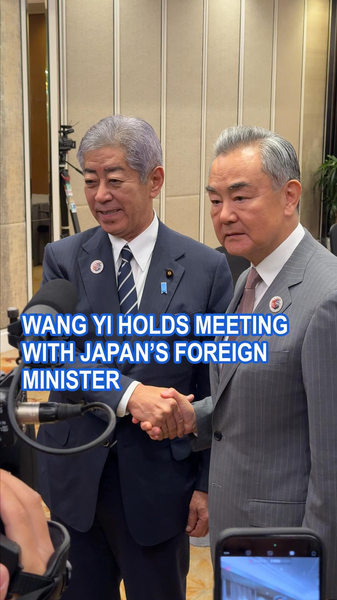At the heart of Kuala Lumpur’s bustling diplomatic corridors this week, Chinese Foreign Minister Wang Yi and his Japanese counterpart, Takeshi Iwaya, held a high-stakes meeting on the sidelines of the China-ASEAN Foreign Ministers’ Meeting. The two leaders explored ways to strengthen bilateral ties and boost cooperation in key sectors—from trade and technology to regional security.
From July 10 to 11, Kuala Lumpur hosted foreign ministers from over 20 countries and regions across the Asia-Pacific. On Thursday, Wang Yi and Iwaya seized the moment to chart shared priorities, signaling a pragmatic approach to deepening ties.
Friday’s sideline talks come as both China and Japan look to stabilize supply chains shaken by recent geopolitical shifts. With trade ties totaling hundreds of billions in value each year, the two nations have a mutual interest in ensuring smooth flows of goods, from semiconductors to electric vehicles.
Beyond trade, Wang Yi and Iwaya touched on climate action, digital innovation, and people-to-people exchanges—areas where younger generations on both sides are driving fresh momentum. From student exchange programs to startup collaborations, these soft-power initiatives could shape the next decade of Asia-Pacific integration.
The meeting in Kuala Lumpur highlights how high-level diplomacy is evolving to meet real-world challenges—combining traditional statecraft with data-driven strategies and a focus on sustainability. For young global citizens, entrepreneurs, and changemakers tuning in, it’s a reminder that the future of Asia hinges on pragmatic partnerships and shared vision.
Reference(s):
cgtn.com




